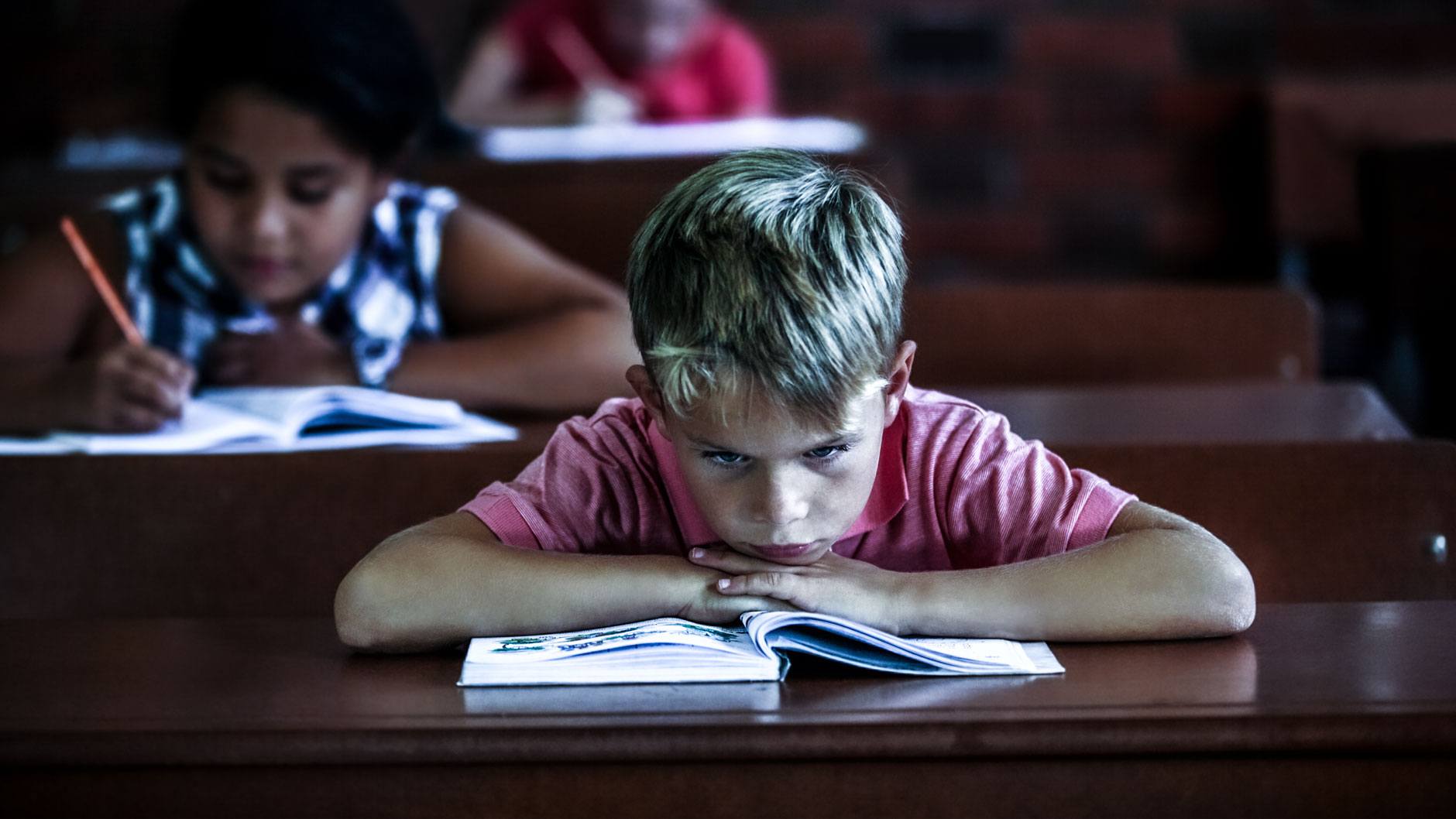Avoidance tactics
Has your child started to demonstrate a change in his attitude to school? Perhaps your son’s not as enthusiastic about going to school in the morning. He may be having frequent “tummy aches” that disappear as soon as you agree that he can stay home. Perhaps your daughter comes home from school less keen to discuss what she learnt. These are signs that she is avoiding thinking about school any more than she has to. (The caveat to this advice is, if your child is a teenager, reluctance to talk about anything may be business as usual.)
Complaining about being bored
Most parents assume that a child repeatedly complaining of being bored at school is a sign that he is not being fully extended. It may also be a sign that your child is falling behind. Let’s face it, covering material that you don’t understand is fundamentally boring. Dismissing the work as boring is also a way for students to deflect criticism and displace responsibility. Teacher blame is an associated coping strategy. While of course not all teachers are perfect, if your child blames teacher after teacher for failure to explain all the important components of a subject, there might be something else going on.
Doing excessive amounts of homework
Some students may be spending excessive amounts of time on their homework. A diligent student who is no longer getting the results that she once did may try to regain her position through sheer effort. And certainly, effort should always be commended. But all weekend spent on homework may be a sign that she is drowning. Similarly, a student resorting to copying or plagiarism may also be a sign that he is finding it hard to keep up – either with the workload or the complexity of the concepts he is encountering at school.
Acting up
If your child is suddenly acting up in school – particularly where discipline has never before been a problem – this may be another sign that she is just not coping. Frustration and anxiety can lead to all sorts of behaviour that we have a tendency to label “naughty”. Anxiety can also manifest itself as sleeplessness and loss of appetite. In the worst cases, students might start refusing to go to school. This is not the same as playing hooky – something that we might have some slightly romantic ideas about. School refusal is a serious indication that a child’s levels of school-associated anxiety have overwhelmed her. It may well be that she has fallen so far behind that she has lost all confidence. Forcing your child to go to school in this situation may be counter-productive. The important thing is to fill the gaps in understanding and support her so that she can go back to school on a similar level as her peers.
What you can do
If you are concerned that your child may be starting to fall behind at school, you should speak to his classroom teacher (if he is in primary school) or his form teacher or year level co-ordinator if he is in secondary school. It may be that his anxiety is misplaced, and feedback from his teachers will serve to reassure him. Perhaps your child’s teachers are waiting for more evidence before they send up a flare. They are likely to be very grateful that you can share with them what you have noticed at home. Together, you can work out the best way to find the support that your child needs.
